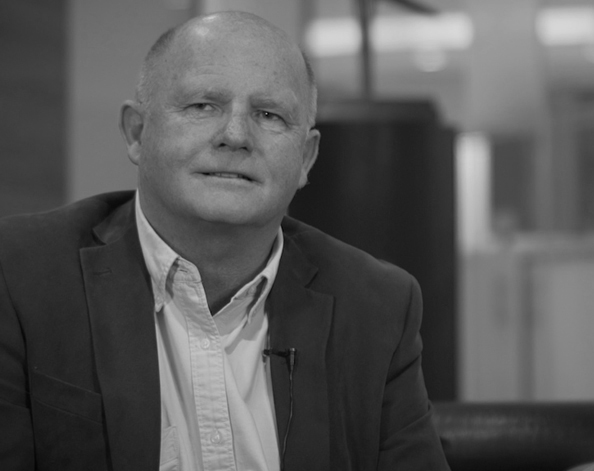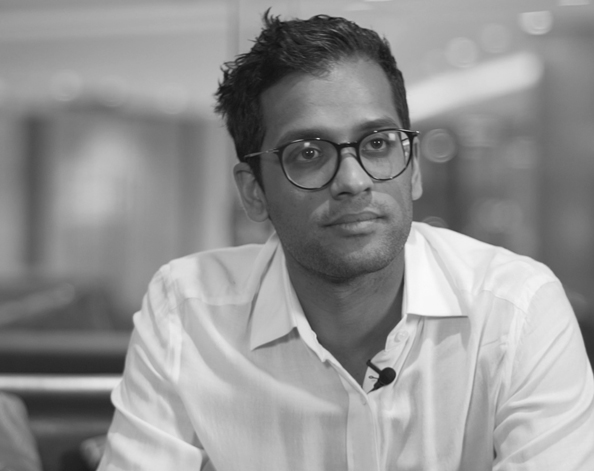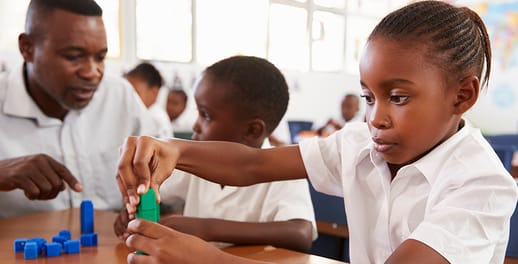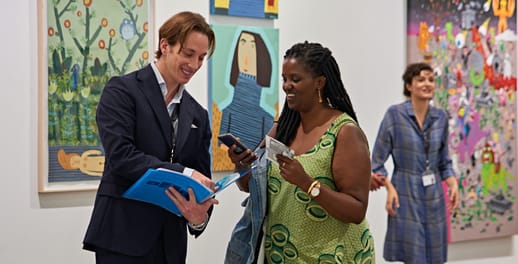Watch video
Jump to the sections you're most interested in by scrolling to the time codes provided below
00:08 Through the lens of an educator, what does the future hold for kids (and parents) of today?
06:52 What does this mean for kids being educated now - particularly in South Africa?
10:12 If you could go back and study one thing, what would it be?
14:02 If you were an entrepreneur interested in the education space, where you would you say some key opportunities lie?

Over the last 100 years we've been a society of knowledge acquirers; we've stopped creating knowledge.
Main ideas taken from the video
In this engaging conversation, Nick and Sameer speak about how education is evolving and the trends that are emerging in this sector. They highlight new concepts like action learning, relevancy, reflection and the importance of asking ‘why’. Weighing in on opportunities that are available to entrepreneurs to play outside of the current education paradigm.
People just go to school because that's what they're told to do. In the future people will be more thoughtful about why they're learning.
Sameer Rawjee
We need more 'imagineers'
Parents need to understand that it’s critical that children have certain experiences and build certain attitudes. Action learning is about identifying problems and learning to equip yourself to solve them - learning by doing. Finding a balance between learning traditional subjects, like maths, history and science, and learning to apply them to solve problems, is going to be increasingly important. “It's this blend between the left and the right brain, the rational and the intuitive, that most great innovators need”, explains Nick.
We need imagineers - people with great creativity who also understand the practicalities.
Nick Binedell
Opportunities in education
Sameer points to “immersive learning" as an opportunity that entrepreneurs to take advantage of. It’s no longer enough for students at a coding school, for example, to be taught by coders or academics, but rather by an engineer in a tech company. While business schools bring in external experts all the time to teach real world application, schools don’t do this.
The classroom of the future
Schools of the future will require children to learn:
- Attitudinal formation - values, beliefs and points of view in addition to relational, experiential learning which develops skills
- New skills – children should be taught new skills like e-gaming and coding which they won’t get in a classroom. The youth needs to be exposed to a broader set of experiences and social interactions in order to get the skills required for the new world
- Structural studying – learning the foundations through traditional subjects like maths, science and the languages.

Whatever you're learning in school right now is going to be hardly relevant by the time you start working.
Receive Focus insights straight to your inbox




